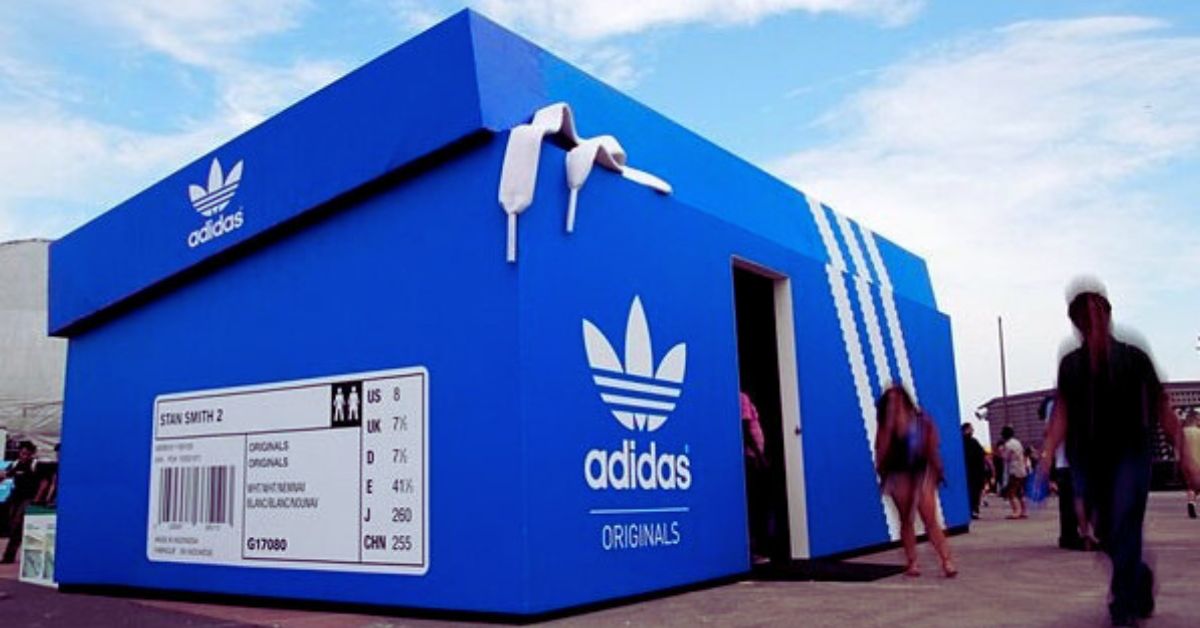Pop-up retail has become a dynamic and innovative strategy for brands and landlords. This temporary and flexible approach to retail has proven to be a win-win for both parties involved, offering a host of benefits that traditional long-term leases cannot match. In this blog, we’ll delve into the advantages of pop-up retail for brands and landlords, showcasing how this trend is transforming the retail landscape.
For Brands: Raising Brand Awareness and Testing New Products
Creating Buzz and Engagement
Pop-up stores offer brands unique opportunities to create excitement and buzz around their products. The temporary nature of these stores fosters a sense of urgency among consumers, driving them to visit and experience the brand in person.
Exploring New Markets
For brands looking to expand their reach, pop-up stores offer a low-risk way to test new markets. Whether it’s a new city or a different neighborhood, brands can gauge customer response and gather valuable feedback without committing to a long-term lease.
Building Authentic Connections
In a digital age, face-to-face customer interactions are more valuable than ever. Pop-up stores allow brands to develop authentic connections with their audience, fostering trust and loyalty that extends beyond the temporary storefront.
Showcasing New Products
Pop-up stores act as a stage for brands to launch and showcase new products. By providing a physical space for customers to touch, feel, and experience these offerings, brands can make a lasting impression and drive sales.
For Landlords: Filling Vacancies and Generating Revenue
Maximizing Vacant Spaces
Vacant retail spaces can be a significant challenge for landlords, resulting in lost revenue and diminished appeal for the overall property. Pop-up retail offers an attractive solution by temporarily filling these vacancies and bringing life to the property.
Diversifying Tenant Mix
Pop-up stores introduce diverse brands and products to the property, enriching the tenant mix and attracting a broader audience. This diversity can enhance the property’s overall appeal and attract more foot traffic.
Supplementing Rental Income
Short-term pop-up rentals allow landlords to generate additional revenue from their properties while seeking long-term tenants. This supplemental income can help offset costs and boost profitability.
Forging Relationships
Landlords can forge relationships with emerging brands and entrepreneurs by offering pop-up opportunities. This can lead to potential long-term partnerships and tenant agreements as brands grow and expand.
The Power of Collaboration
Brands and Landlords Unite In the world of pop-up retail, collaboration is the key to success. Brands and landlords working together can create a dynamic and engaging shopping experience that benefits both parties. Pop-up2gether, an AI-powered platform, exemplifies the power of collaboration by intelligently matching brands with strategic storefronts.+
This platform ensures that brands are placed in locations that align with their target audience, maximizing foot traffic and sales potential. Simultaneously, landlords can fill vacancies and generate revenue by offering their spaces to a curated selection of brands seeking short-term rentals.
Pop-up retail has emerged as a powerful and transformative force in the retail industry. Brands can leverage pop-up stores to raise brand awareness, explore new markets, and test new products, while landlords can fill vacancies and generate revenue from short-term rentals. The collaborative nature of pop-up retail opens up exciting possibilities for brands and landlords, creating dynamic and engaging consumer shopping experiences. As the trend continues to grow, pop-up retail will undoubtedly unlock new opportunities and drive innovation in the ever-evolving retail landscape.





